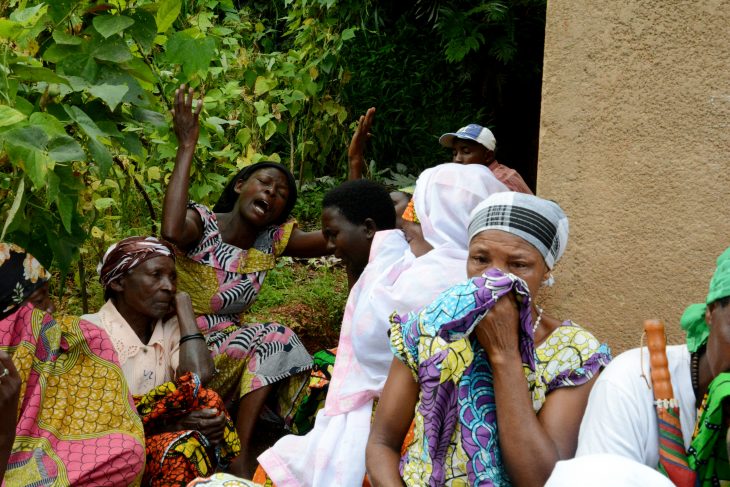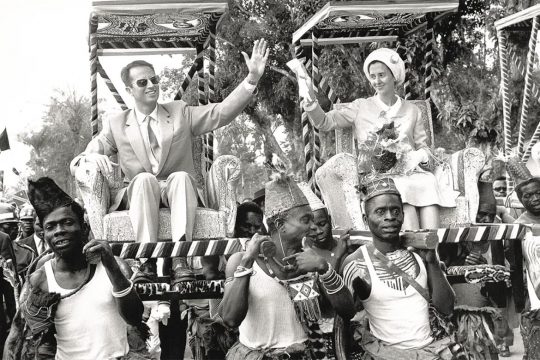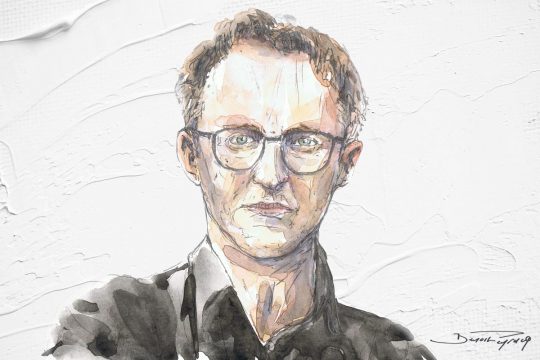Burundi's government is behind systematic human rights violations, including executions and torture, UN investigators said Tuesday, warning of possible crimes against humanity and the looming risk of "genocide".
"Gross human rights violations have and are taking place, committed primarily by state agents and those linked to them," the investigators concluded in a report, adding that "impunity is pervasive".
The report said the experts could "not exclude that some instances of these gross human rights violations amount to crimes against humanity."
"Given the country's history, the danger of the crime of genocide also looms large," it warned.
The three independent experts were tasked by the UN Human Rights Council in January with probing the extent of rights abuses in Burundi since it descended into violence in April 2015, over President Pierre Nkurunziza's controversial decision to run for a third term -- a vote he won in July.
Anti-government protests were brutally quashed and killings and attacks have become a regular feature in the troubled country as the political crisis grinds on.
After making two trips to Burundi in recent months and conducting 227 interviews, the experts painted a bleak picture of the situation, pointing to some estimates that more than 1,000 people have been killed since the crisis began.
The UN human rights office has meanwhile verified 564 cases of executions between April 26, 2015 and August 30, 2016, it said, stressing that this was "clearly a conservative estimate".
Thousands more people have been tortured, suffered sexual abuse or disappeared, while arbitrary detention has happened "on a massive scale", the experts said.
Nearly 300,000 people have meanwhile fled the country as refugees.
'Downward spiral'
The experts warned that without dramatic changes from Burundi's government and "robust engagement" from the international community "the country's downward spiral is unlikely to be reversed," endangering the entire region.
The findings are all the more shocking considering that Burundi is one of 47 members of the Human Rights Council -- the UN's top rights body.
The violence in Burundi has sparked concern that it could descend back into civil war, like the one fought along ethnic lines in the country from 1993 until 2006 between majority Hutus and minority Tutsis, which claimed an estimated 300,000 lives.
It has also sparked fear of a wider crisis in Africa's volatile Great Lakes region, with the 1994 genocide in neighbouring Rwanda having been fuelled by similar ethnic tensions.
The experts urged swift international action to "prevent further mass violations with ethnical connotations."
They also called on the UN rights council to create a Commission of Inquiry to investigation the violations in Burundi, as well as allegations that cross-border armed groups are operating in the country and that other states may be implicated.
And they asked the UN General Assembly to consider whether Burundi could remain a Human Rights Council member -- marking a first in the council's decade-long history.





